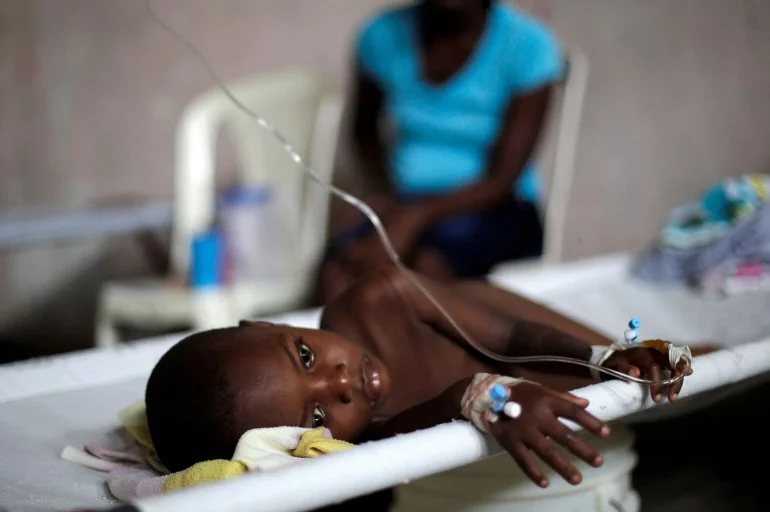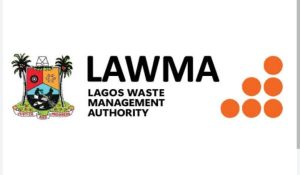The Nigeria Centre for Disease Control (NCDC) has attributed the recent cholera outbreak in the country to inadequate sanitation and a lack of essential resources.
This comes amid a concerning rise in cholera cases, with Lagos State alone reporting 15 fatalities as of Saturday, June 15.
Speaking on the NCDC’s response to the outbreak, Director General Jide Idris highlighted that poor hygiene practices have significantly contributed to the spread of the disease.
He emphasized the urgent need for improved sanitation and access to clean water to curb the outbreak.
“The surge in cholera cases is largely due to inadequate sanitation and insufficient resources,” Idris stated. “We are witnessing a direct consequence of poor hygiene standards, and it is imperative that we address these fundamental issues to prevent further spread of the disease.”
Cholera, a bacterial infection typically spread through contaminated water, can cause severe diarrhea and dehydration, which can be fatal if not promptly treated.
The recent spike in cases has raised alarms across the nation, prompting a coordinated response from health authorities.
The NCDC has been actively working to manage the outbreak by providing medical support, conducting public health campaigns, and coordinating with local governments to enhance disease surveillance and response mechanisms.
However, the agency’s efforts are being hindered by the lack of adequate sanitation facilities and clean water in many affected areas.
“We are calling on all levels of government to prioritize the provision of clean water and proper sanitation facilities,” Idris urged.
“Access to these basic necessities is crucial in preventing cholera outbreaks and safeguarding public health.”
In addition to governmental action, the NCDC is also engaging with communities to promote better hygiene practices, such as regular handwashing with soap and ensuring safe food and water consumption.
Public awareness campaigns are being intensified to educate citizens on the importance of maintaining cleanliness to prevent the spread of cholera.
The outbreak has put a spotlight on the broader issues of water and sanitation infrastructure in Nigeria.
Many communities, particularly in rural areas, lack access to clean water and proper waste disposal systems, creating a fertile ground for waterborne diseases like cholera.
As the NCDC continues its efforts to control the outbreak, the agency has appealed for increased funding and resources to bolster public health infrastructure and response capabilities.
The situation underscores the critical need for sustainable investments in water and sanitation to prevent future outbreaks.
In conclusion, the NCDC’s identification of poor sanitation and resource shortages as key factors in the cholera outbreak highlights the urgent need for comprehensive measures to improve hygiene and access to clean water.
The agency’s call to action aims to mobilize governmental and community efforts to address these issues and protect the health of the Nigerian population.
For more news https://lagostalks.com/news/














